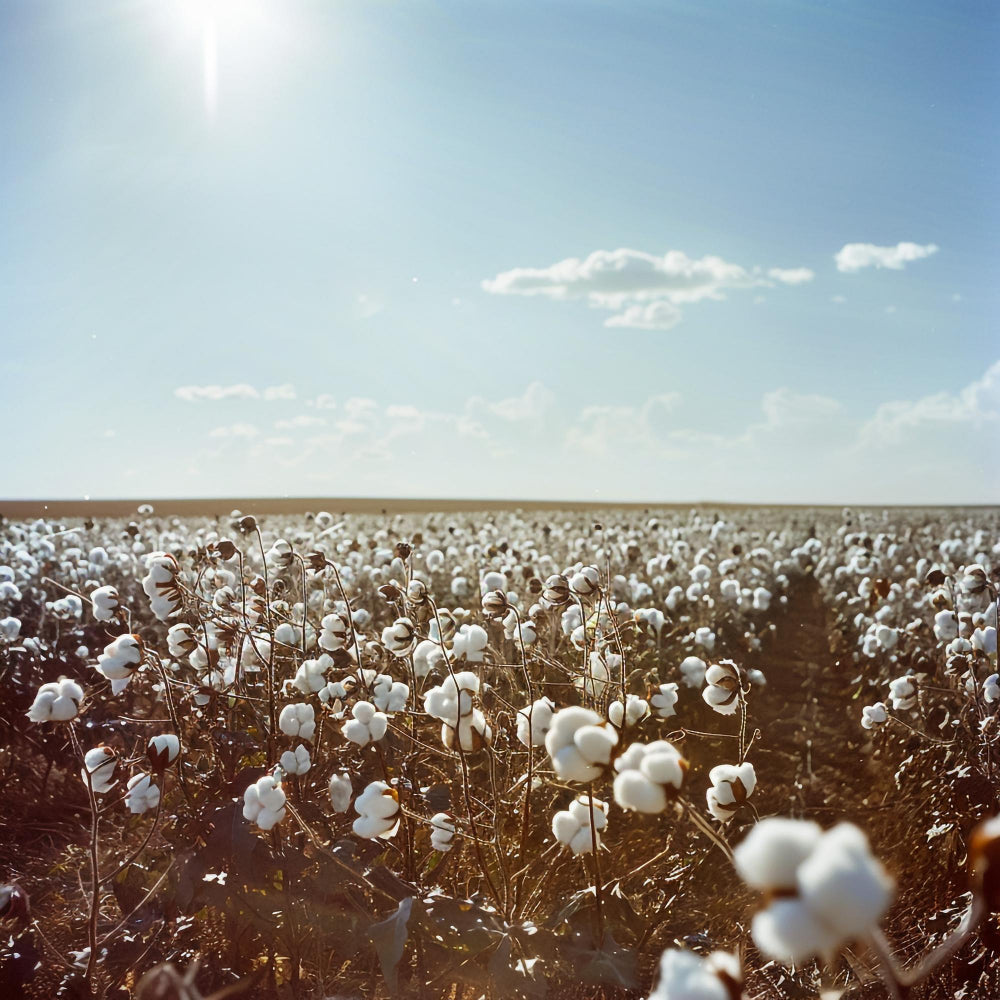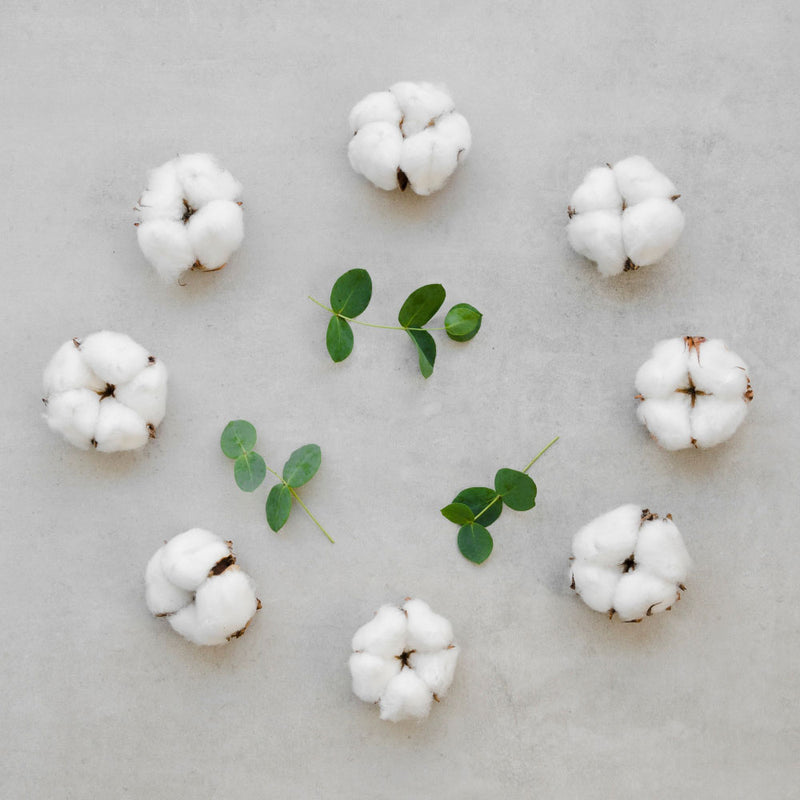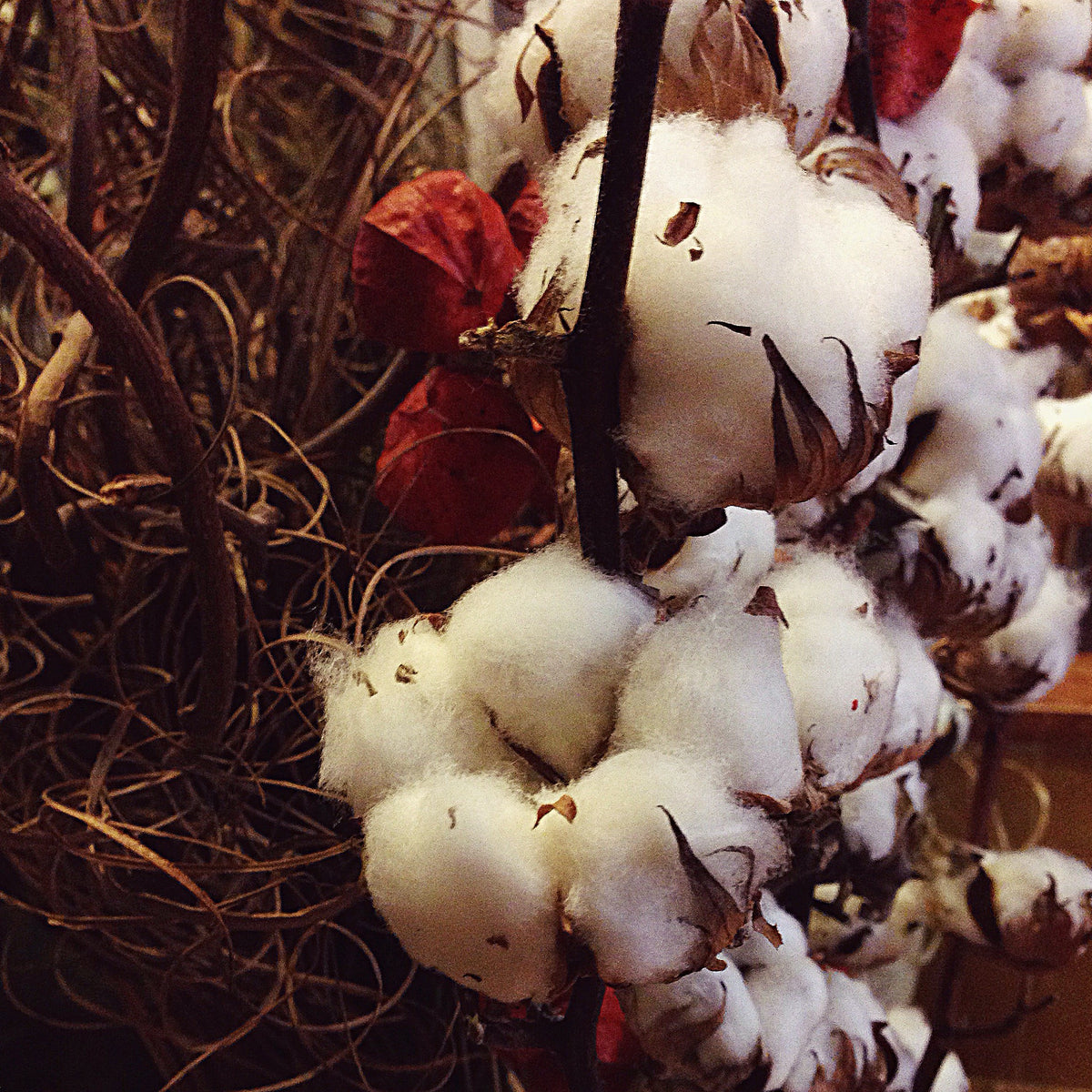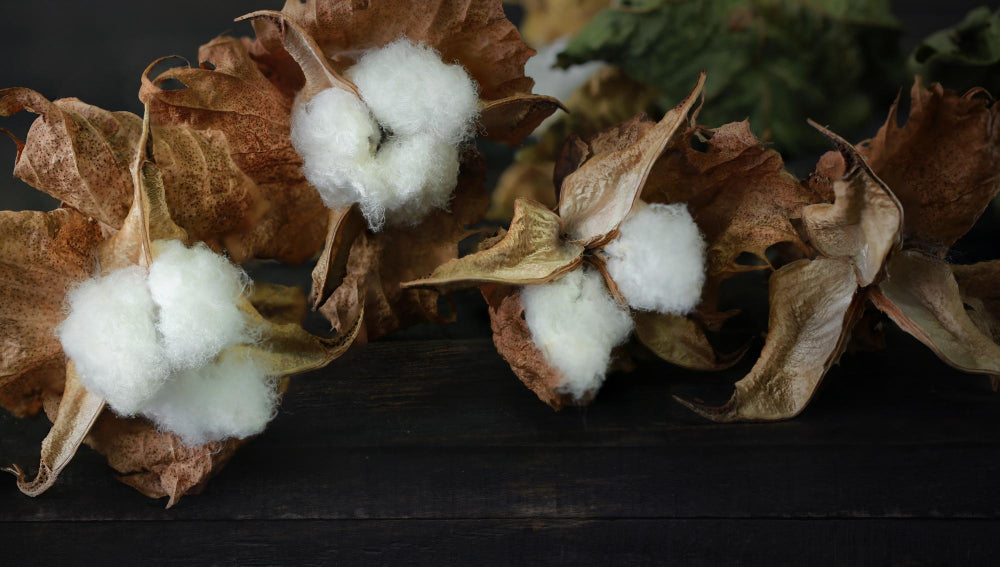Explore Our Cotton Collection
At Cloud Coton, we source, develop, and deliver the finest varieties of cotton — each chosen for its unique quality, heritage, and utility. Our cotton types support a wide range of needs, from affordable everyday basics to exclusive, export-grade luxury textiles. From Upland cotton, the world’s most widely used fiber for everyday wear, to short-staple heritage cottons used in artisanal fabrics, every variety we carry has a role in balancing quality, price, and performance for different applications.
We offer elevated options like Pima and Supima cotton — known for their extra-long staple fibers, softness, strength, and color retention — perfect for premium fashion, babywear, and high-thread-count bedding. At the top end of the scale, we feature true Egyptian cotton and ultra-rare Sea Island cotton. These heritage fibers are cultivated in small batches and hand-picked for exceptional smoothness and natural sheen, making them prized by luxury brands and textile connoisseurs worldwide.
Cloud Coton also supports the preservation of traditional textile economies through the inclusion of Tree and Levant cotton, both grown in South Asia and Africa. These coarser, short-staple varieties are ideal for handwoven garments, organic wraps, and cultural fashion. Whether you're building a retail clothing brand, sourcing for export, or creating artisanal textile lines, we help you choose the right cotton based on feel, function, sustainability, and story.
Botanical Name: Gossypium barbadense
Global Share: ~90% of global cotton production
Staple Length: 20–30 mm (medium)
Primary Producers: India, China, Brazil, Thailand
Overview:
Upland cotton, also known as Gossypium hirsutum, is the world’s most commonly cultivated cotton, forming the foundation of the global cotton industry. Its medium-staple fiber makes it ideal for spinning into yarns that are affordable, strong, and versatile. Thanks to its balance of softness, breathability, and strength, Upland cotton is the go-to material for everyday fashion and home textiles. It is particularly well-suited for products that demand cost-efficiency without sacrificing comfort.

Performance & Benefits:

Affordable & Versatile:
Ideal for large-scale production, making it a staple in the global apparel industry.

Soft & Breathable:
Naturally comfortable against the skin, making it perfect for daily wear and warmer climates.

Blending Potential:
Easily combined with synthetic or natural fibers to enhance stretch, moisture-wicking, or durability properties.

Durable & Washable:
Holds up well to regular use and laundering, making it suitable for mass-market and family-use products.
Common Uses:
● T-shirts and polos
● T-shirts and polos
● T-shirts and polos
● T-shirts and polos
● T-shirts and polos
● T-shirts and polos
● T-shirts and polos
● T-shirts and polos
● T-shirts and polos
● T-shirts and polos
Sustainability Note:
While traditionally produced on an industrial scale, Upland cotton is now increasingly grown using more sustainable methods. Many farms have adopted organic certification, water conservation techniques, and integrated pest management. This evolution makes Upland cotton a viable choice for eco-conscious brands seeking a balance between scalability and environmental responsibility.


Ideal For:
Brands or manufacturers looking to produce high-volume, high-rotation products at accessible price points, while still maintaining softness, durability, and adaptability for blended fabrics.

